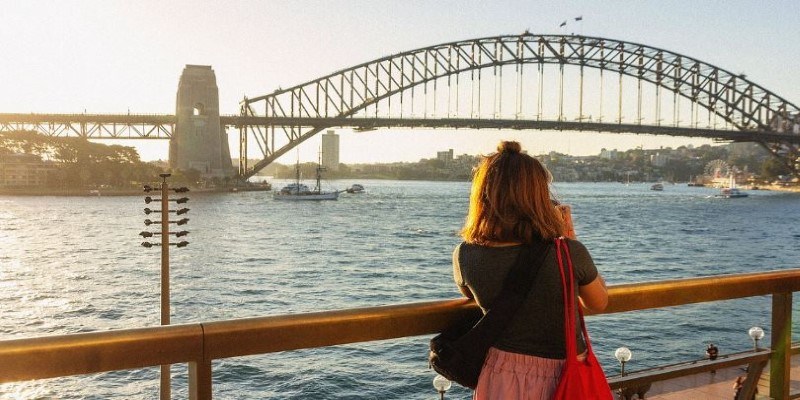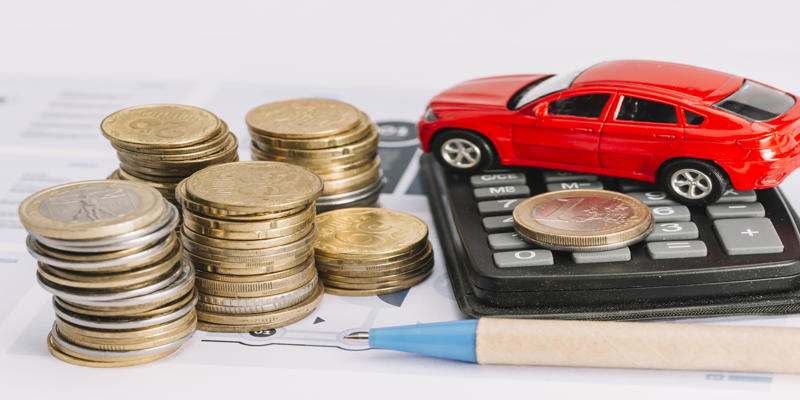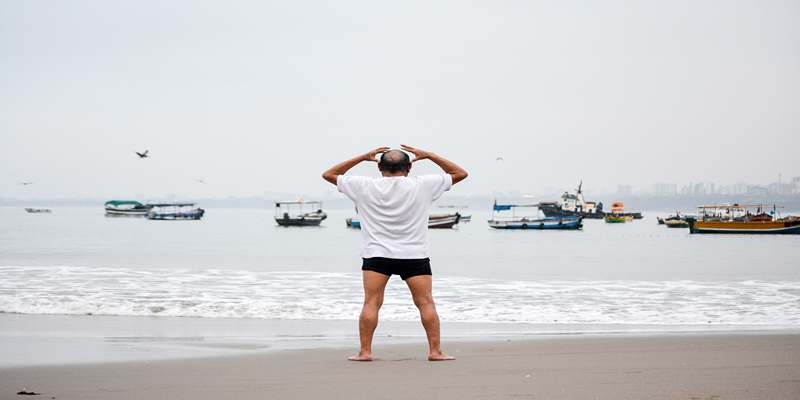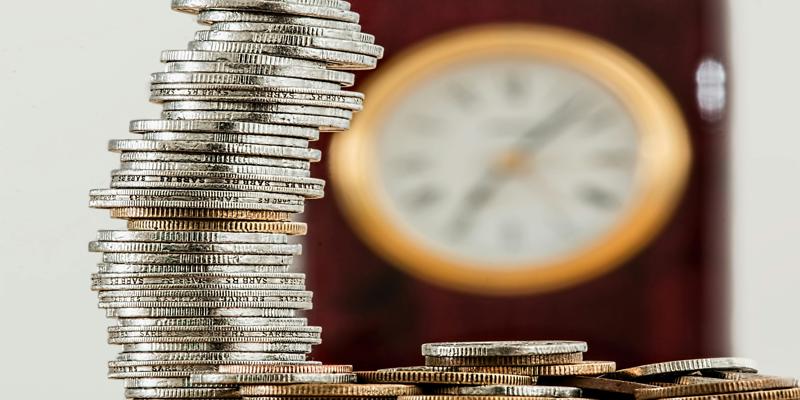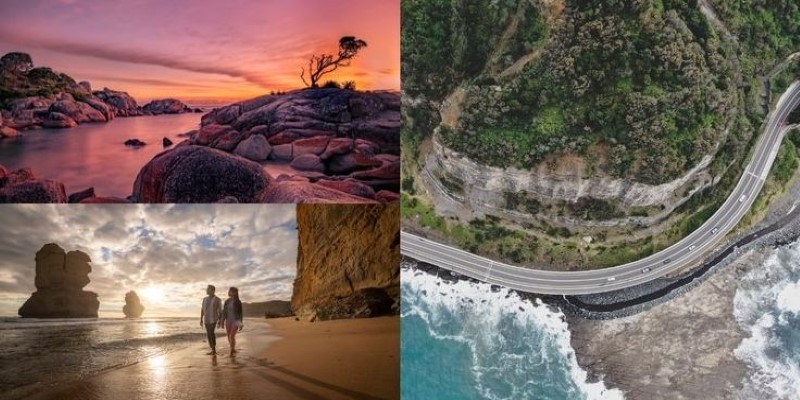Australia is a land of endless adventures, from its sun-kissed beaches and rugged outback to vibrant cities and lush rainforests. But the idea of exploring this vast country on a tight budget can seem daunting. What if we told you it’s entirely possible to experience Australia without draining your savings?
Whether you are a backpacker in search of hostels that do not break the bank, a foodie seeking affordable meals, or an adventure-seeker itching to hike through stunning national parks, Australia offers so many ways to stretch the dollar. And with some smart planning and insider knowledge, you can immerse yourself in the beauty of Australia without the hefty price tag. Let's dive in.
Affordable Accommodation Options
Accommodation is among the biggest expense items when a person travels, but Australia has many affordable alternatives for different tastes. For saving money and networking with fellow adventure-seekers, backpacker hostels represent an ideal place to stay, especially in Australia's cities: Sydney, Melbourne, and Brisbane. These facilities offer dorm room accommodation at modest prices. The communal kitchens and common areas are great places to cook meals and get together with other travelers, which usually yields some fantastic insight into the attractions and experiences.
For those who prefer to be a bit more private, budget motels and Airbnb rentals abound. Staying just a little bit outside of the city center can save a bundle and yet keep you near all the major attractions. Additionally, Australia boasts numerous campgrounds, many of which are located in very scenic natural areas. If you're feeling really adventurous, think about renting a campervan or bringing your tent. This saves on accommodation costs and presents a unique opportunity to experience diverse landscapes in Australia. From the social experience of hostels to private, cozy cabins, there is every way of staying in Australia on a shoestring budget.
Cost-Effective Transport Solutions
With its vast size, traveling across Australia can seem expensive, but there are several ways to keep transport costs low. Rather than relying on expensive flights, long-distance buses are a more affordable option. Companies like Greyhound and Firefly operate extensive networks that connect major cities and towns, offering a much cheaper alternative to air travel. For short trips, ridesharing services and carpooling apps such as Uber or Lyft allow you to split the cost with others who are heading in the same direction.
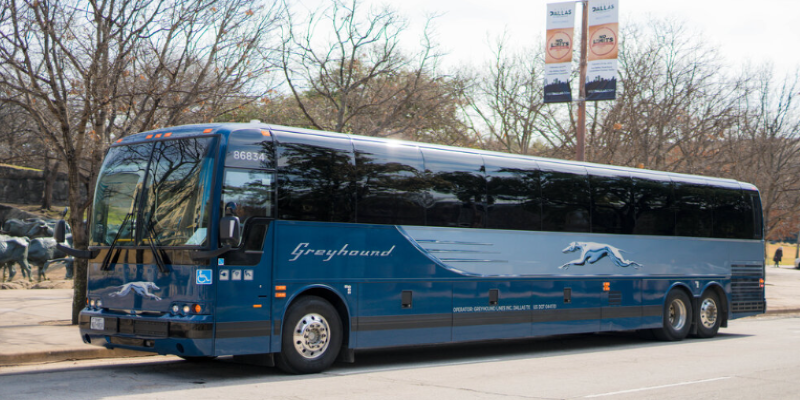
Another great option is the train, which, while not the fastest way to travel, offers a scenic and comfortable ride. For example, the Great Southern Rail offers routes through some of Australia’s most picturesque areas, making the journey itself an unforgettable part of the experience. If you plan to stick to one region for a while, a public transport pass can save you money on buses, trains, and ferries. These passes often offer unlimited travel within a specific area, making it an economical choice for city explorations. Cycling is another budget-friendly way to get around. Many Australian cities feature dedicated bike lanes, so renting or buying a bike allows you to see the sights while staying active and cutting down on transport costs.
Saving on Food and Drinks
Eating out in Australia, especially in popular tourist destinations, can quickly eat into your budget. Fortunately, there are plenty of ways to enjoy delicious meals without overspending. Supermarkets such as Coles and Woolworths offer a range of affordable groceries and ready-to-eat meals. By preparing your food in hostel kitchens or at campgrounds, you can significantly reduce your food expenses. If you're staying in private accommodations, cooking your meals gives you even more flexibility to save.
When you do decide to dine out, look for local eateries that cater to budget-conscious diners. Fish and chips shops, bakeries, and Asian food courts are often found in cities and offer tasty meals at reasonable prices. Be sure to check for daily specials and happy hours at restaurants, where you can enjoy a meal or drink for a fraction of the usual price. Coffee lovers can also save by buying a reusable travel mug and making their brew. Australia's café culture is vibrant, but it can get expensive if you're buying coffee multiple times a day. Many hostels and motels offer free tea and coffee, so take advantage of this to start your day without paying cafe prices.
Exploring Attractions for Less
Australia is brimming with iconic attractions, many of which you can enjoy without spending a dime. National parks, pristine beaches, and hiking trails across the country provide incredible natural beauty that can be explored for free. Locations like the Great Ocean Road, Uluru, and the Blue Mountains are stunning examples of the country's vast outdoor offerings. While some parks may require a small entrance fee, investing in a national park pass can be a cost-effective option if you plan on visiting several parks during your trip.
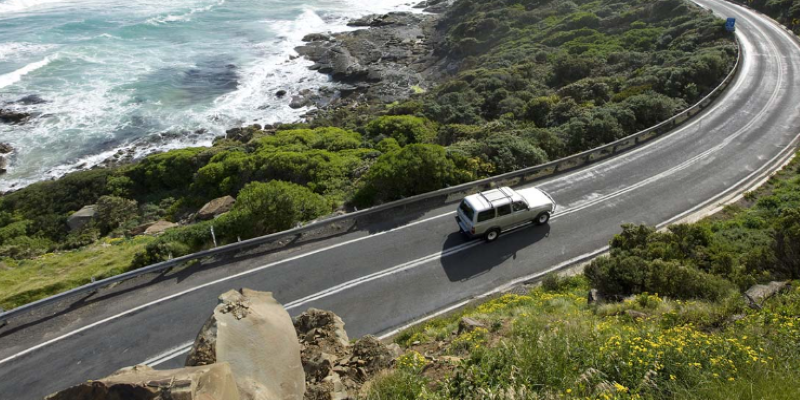
In urban areas, free walking tours are an excellent way to learn about the history and culture of cities. These tours are typically run by locals who share insights and tips, making them a great way to explore on a budget. Many of Australia’s museums and galleries also offer free entry or have designated free days, allowing you to enjoy the country’s rich heritage without spending a fortune. Keep an eye out for local events and festivals, as they often feature free entertainment, including live music, art displays, and cultural performances, providing a fun and low-cost way to immerse yourself in the local scene.
Conclusion
Traveling across Australia doesn't have to break the bank. By choosing affordable accommodations, using cost-effective transport, saving on food, and seeking out low-cost attractions, you can experience the beauty and diversity of this incredible country without overspending. Planning and being resourceful can go a long way in ensuring your journey is both memorable and budget-friendly. So pack your bags, plan smartly, and get ready to explore Australia’s wonders on a budget.
